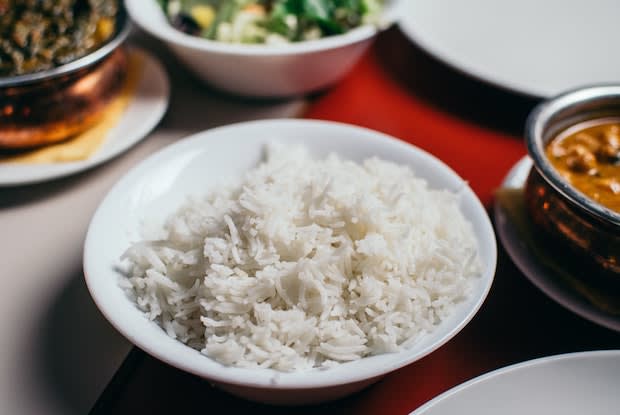Table of Contents
III. What to eat during a flare
IV. What to eat during a remission
What is Crohn's?
When you have Crohn’s disease, trying new food can be a gamble of whether it will trigger your symptoms. You’re not alone. Crohn’s disease is a chronic inflammatory condition that can affect any part of the digestive system, and it’s estimated that more than half a million Americans have it.
Unfortunately, many patients with Crohn’s disease are malnourished because of symptoms like diarrhea, abdominal pain, and nausea can interfere with eating. This article will teach you how to eat better for health and for comfort. Read on to learn more about how to treat Crohn's with a proper diet and medications like Motilium® (domperidone). [1]
How to eat every day
People with Crohn’s disease may want to consider changing up a few lifestyle habits. The Crohn’s & Colitis Foundation recommends:
- Spreading your meals into smaller, more frequent meals
- Minimizing greasy and fried foods
- Limiting dairy products
- Limiting high-fiber foods
Record what you eat every day and note any discomfort you may experience. Do remember that the foods you’re sensitive to can change over time.
What to Eat During a Flare
During a flare, your symptoms can be particularly bad. In general, the following are usually safe to eat:
- Refined grains like white rice and white pasta
- Low-fiber vegetables and fruit, such as bananas and cooked vegetables
- Lean meats, fish, eggs, and tofu
- Bland foods and soft foods
During a flare-up, avoid the following:
- Caffeine and alcohol
- Sweet desserts
- Spicy food
- Raw vegetables and whole grains (high-fiber food)
- Greasy and deep-fried foods
- Dairy products
Lastly, don’t forget to drink plenty of water and eat four to six small meals a day.

What to Eat During Remission
During a period of remission, you may experience fewer symptoms. But you should still be smart about what you eat.
In addition to staying hydrated enough that your urine remains yellow or clear, the following foods are recommended during remission:
- High-fiber foods — unless advised against by your doctor
- Fruits and vegetables — the more colors the better!
- Lean meat, fish, eggs, nuts, and tofu
- Calcium-rich foods like milk (lactose-free if you’re intolerant) and collard greens [2]
Supplements
Because Crohn’s can seriously reduce the variety of foods you can eat, you may wonder if you need supplements. This is a legitimate concern but always talk to your doctor before starting a supplement. Supplements can interact badly with existing medications you take or other medical conditions. And you can get too much of certain nutrients, which is also unhealthy.
When living with Crohn’s, it’s important to remember any medications or treatments your care team prescribes. Treatments can get expensive, but you can save substantially by buying with True Canada Pharmacy for your medications, such as Motilium® (domperidone).
DISCLAIMER: The content in this article is intended for informational purposes only. This website does not provide medical advice. In all circumstances, you should always seek the advice of your physician and/or other qualified health professionals(s) for drug, medical condition, or treatment advice. The content provided on this website is not a substitute for professional medical advice, diagnosis or treatment.
